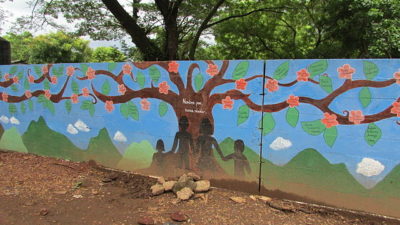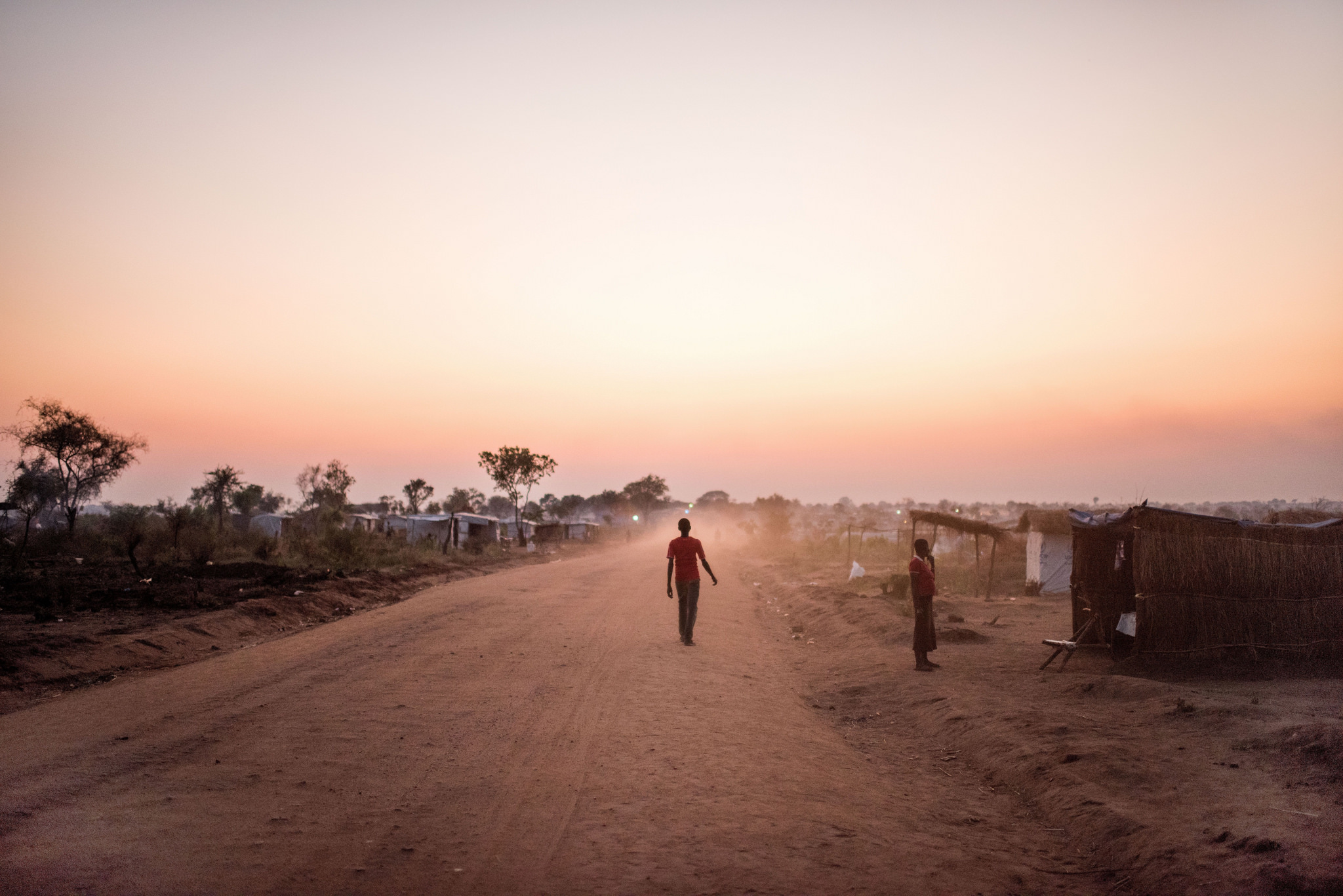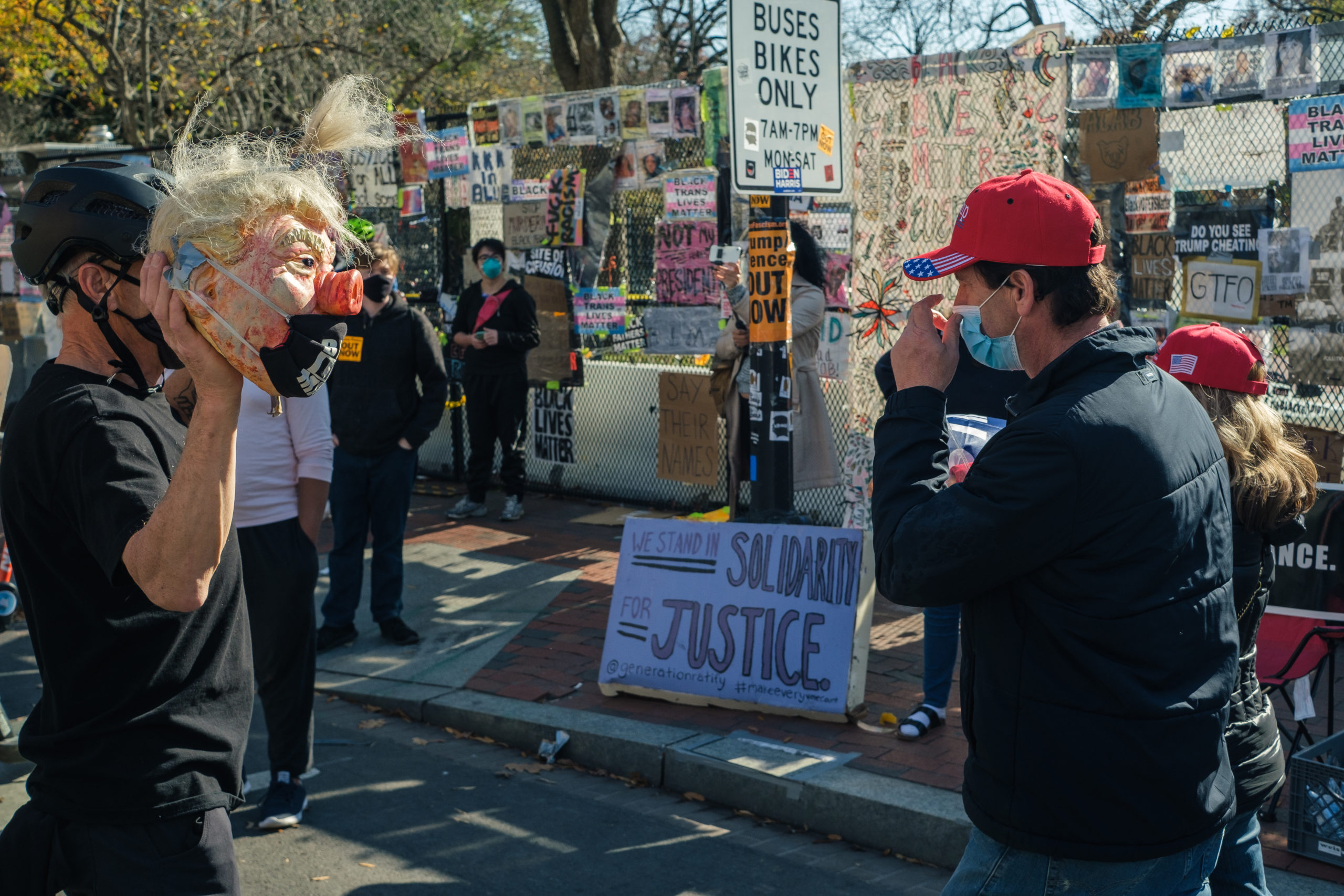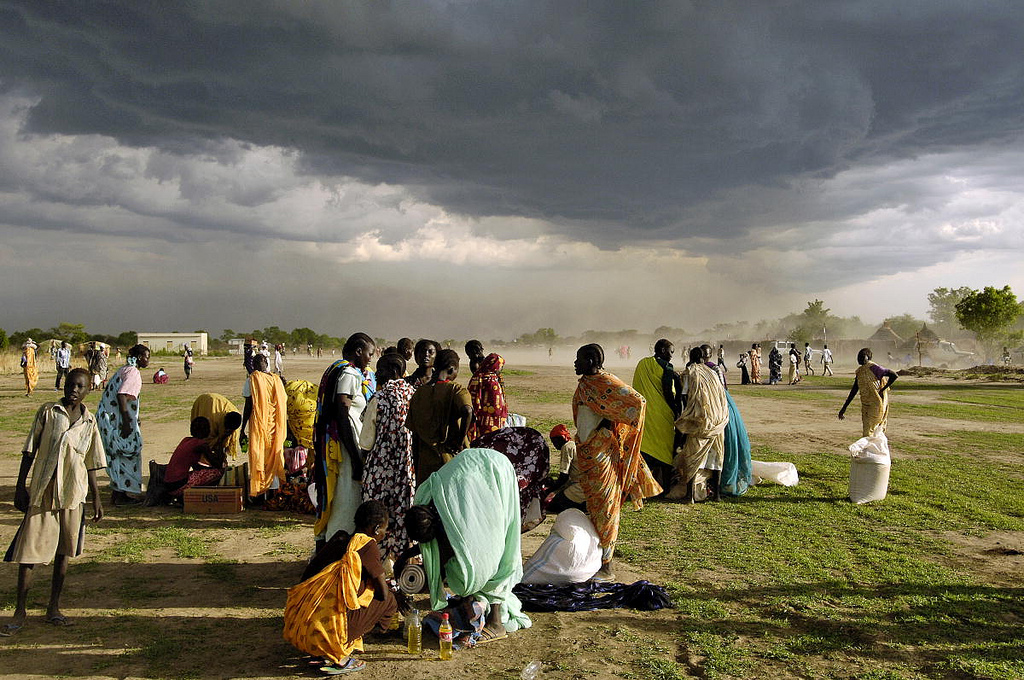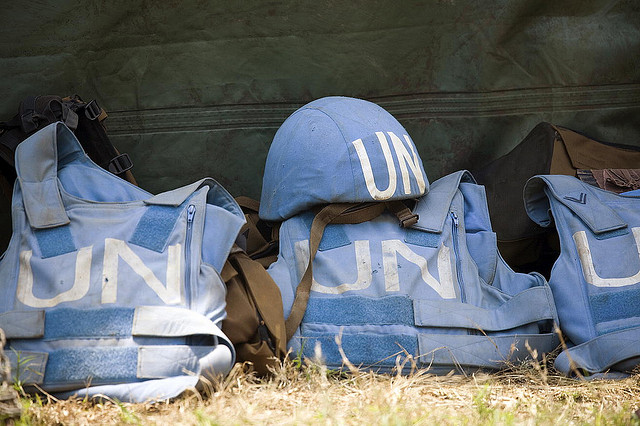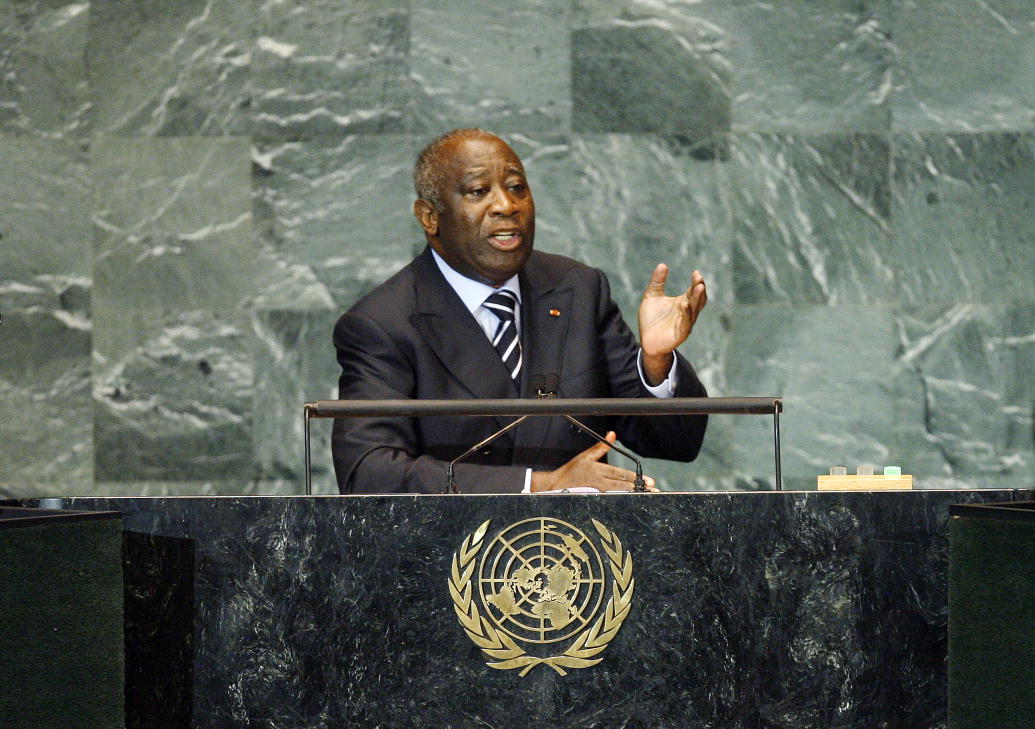Guest post by Noorjit Sidhu
This piece is the second of two written for Claire Adida’s UC San Diego Spring 2013 undergraduate course “Contention and Conflict in Africa” selected for publication.

In response to a British media comparison likening him to the Führer, in 2003 Robert Mugabe remarked “I am still the Hitler of the time.” Today, Zimbabwe’s hyperinflation forces citizens to carry trillion dollar bills to buy basic goods, its unemployment rate is over 80%, disease and malnutrition are widespread, and civil liberties violations and voter repression common. Despite these failures, at 89 years old Mugabe still controls the regime which he and his ZANU-PF party established in 1980. How? Why have Zimbabweans, with so little to lose, not rebelled? Because they have neither the resources, coordinated knowledge, or irrationality required to do so. More specifically, Mugabe’s regime uses media manipulation, violent coercion, and patronage to prevent the coordination and motivation required for rebellion.
First, Mugabe’s regime has coerced and manipulated the media so that it engages in indoctrination rather than critical journalism. The Access to Information and Protection of Privacy Act obligates journalists to register with the Zimbabwe Media and Information Commission, and the Public Order and Security Act criminalizes the reporting of falsehoods. Unsurprisingly, the commission and judiciary are de facto state-owned, and harassment and criminalization of journalists who criticize the regime is widespread. State television is required to play propagandistic jingles in hourly intervals, show commercials of Zimbabweans in opulent settings with colorful clothing, and administer persistent doses of propaganda – threats of foreign invasion, for example – to distract Zimbabweans from their own suffering. Through this incapacitated media, Zimbabweans are systematically deafened to the cries of their fellow citizens. For those not indoctrinated, the media prevents political coordination because Zimbabweans of one community have little knowledge of what citizens of another feel toward the regime, or of possible resistance measures. In this media climate the incentive to rebel against the regime, given the doubt others will, is infinitesimal.
Second, brute violence eliminates the rationale for rebelling against Mugabe. There is nothing inherently stupid about the people of Zimbabwe, who have no natural disposition toward being oppressed and encumbered. Ask a random taxi driver what he thinks about the regime and he will answer truthfully, with the caustic response that Mugabe deserves. But the level of grievance is not a determinant of conflict. Zimbabweans may be distressed by their country’s plight, but that distress does not outweigh the value of survival: the regime systematically denies people access to food, loyalty to the ZANU-PF party is frequently forced, and the police is overwhelmingly partisan in its punishments. Arbitrary arrests, especially of opposition members, and subsequent torture are common, with, for example, 70,000 incidents occurring in 2002. More recently, in 2012 ZANU-PF supporters entered Parliament during a hearing of the Zimbabwe Human Rights Commission Bill, beat several people, and were not punished for doing so. Recalling Mugabe’s allusion to Hitler, Zimbabwe is an approximation of contemporary totalitarianism, wherein Mugabe and his party exercise unbridled coercive power. Those capable of escaping migrate, with the large majority of doctors trained in the country between 1990 and 2001 leaving by 2006. But those who cannot leave, like taxi drivers, tolerate a system which they cannot overpower. When the average Zimbabwean lives on less than $1.50 a day rebelling against a millionaire who has consolidated the country’s coercive power is a foolish decision, which the country’s constituents recognize.
Third, patronage has eliminated any spearheads for rebellion in the country. The ZANU-PF sustains remarkable cohesion because Mugabe actively allows corruption among party officials. Notable members own mines, local banks, and acres of land. Consequently, many of those who do not leave the country and are able to climb the social ladder are lured into assuming a party position rather than affecting change . In 1999 and 2000, when violent seizures of land – especially of white farmers – skyrocketed, the economy plunged but the state’s treasury abounded. This event was a microcosm for Mugabe’s strategy of preventing rebellion: anyone who begins to assume power or accumulate resources is either neutralized through brute violence, as the farmers were, or co-opted through patronage, as those who cooperated with Mugabe and demonstrated loyalty were. Left are the incarcerated opposition, murdered rival elites, and downtrodden masses, each devoid of the power to stage a meaningful rebellion.
In 1983, Mugabe – a member of the Shona ethnic group – orchestrated genocide against Ndebele ethnics, who accounted for a fourth of the country’s population. He called the massacre Gukurahundi, a word which refers to seasonal rains which wash away the debris of the year past. For thirty years after that massacre, Mugabe has afflicted a quieter oppression on the people of Zimbabwe. But Mugabe is 89, and his looming demise will likely destroy the ZANU-PF’s dominance. Let us hope that his successor will not be another “Hitler of the time.”


